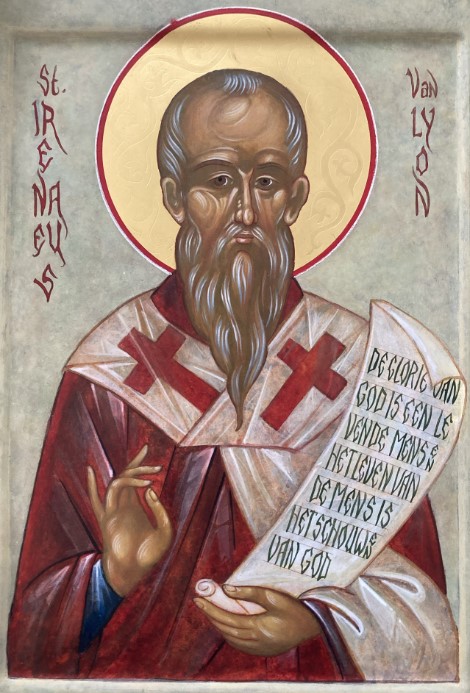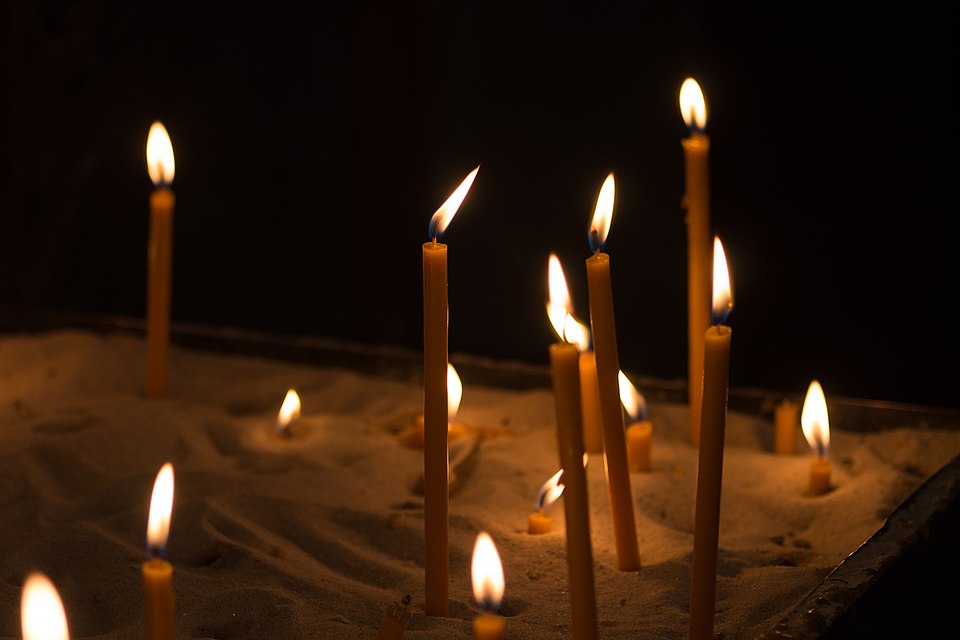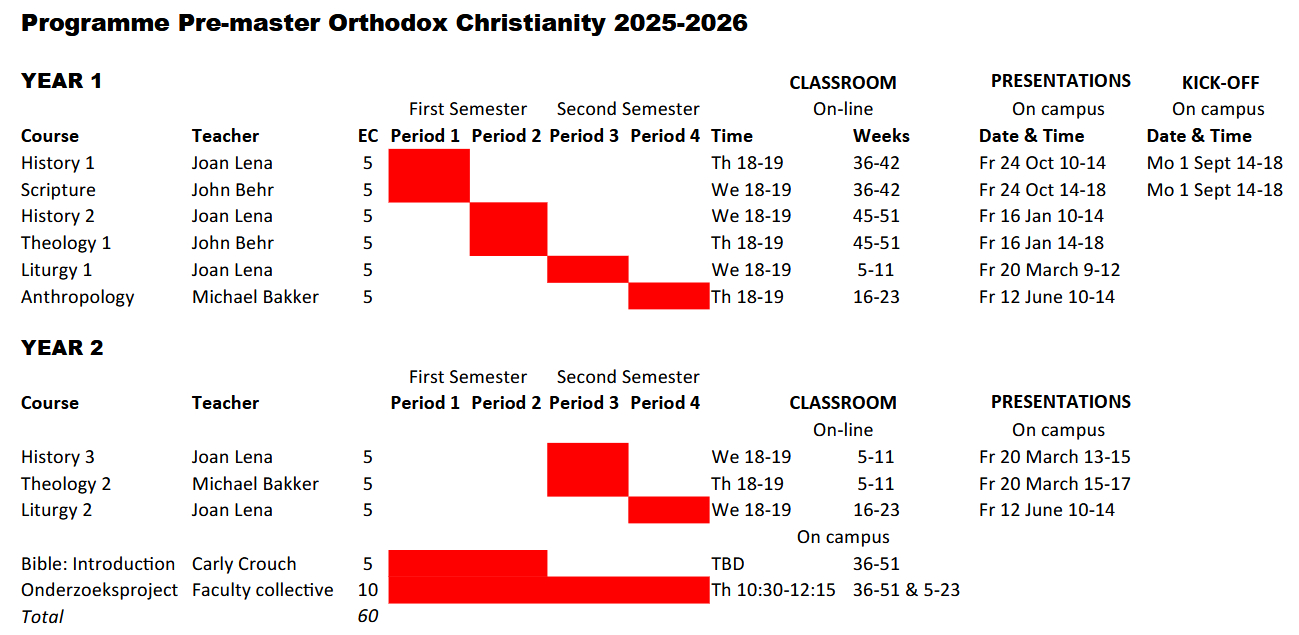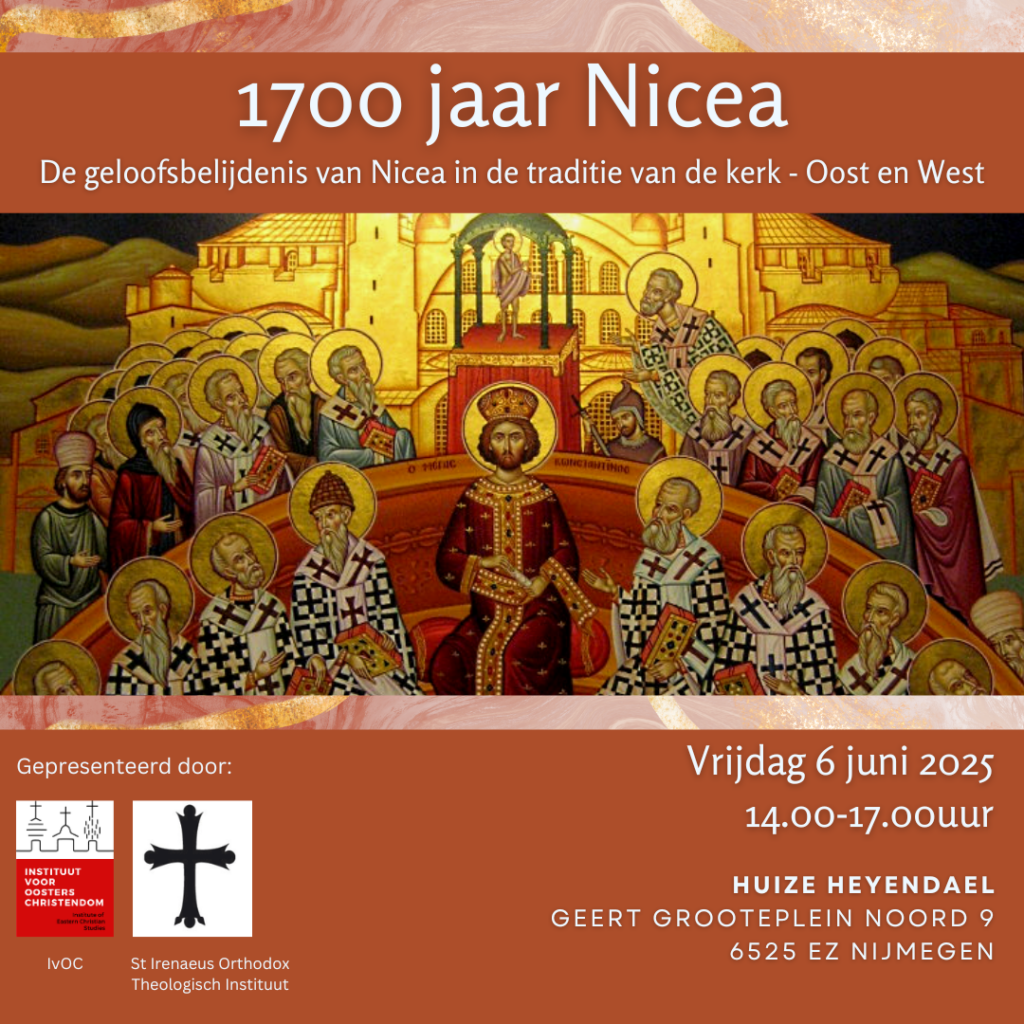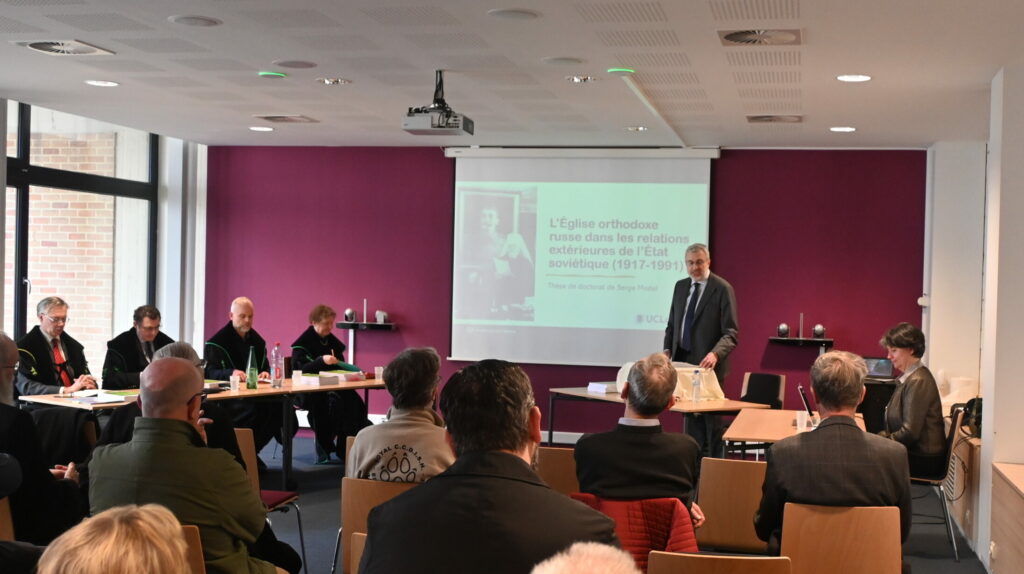
On April 5th, Fr Serge Model defended his PhD thesis Le facteur religieux, instrument de politique étrangère? L’Église orthodoxe russe dans les relations extérieures de l’État soviétique (1917–1991). He wrote this massive study (608 pages plus 380 pages of appendices) at the Faculty of Economic, Social, Political and Communication Studies of the University of Louvain-La-Neuve in Belgium. The candidate successfully defended his thesis, first during a closed meeting in the morning and then at a public defense in the afternoon. Fr Serge is a retired priest of the Russian Orthodox diocese of Belgium. Fr Michael Bakker was one of the examiners and gives this account:
This thesis in the discipline of political studies presents an enormous wealth of facts about the interaction between the Soviet state and the Russian Orthodox church. Much of the material Fr Serge unearthed is not accessible anymore because archives that opened their doors after communism fell have once again closed to the public. Some facts can of course not be hidden again; for example, most of the hierarchy of the Moscow Patriarchate, including the present Patriarch Kirill were informants of the KGB.
Fr Serge describes how after the revolution (or actually: the coup) of 1917 the party of Lenin unleashed a ferocious persecution of believers. During the heights of repression, it was nearly impossible for the higher clergy not to collaborate with the new rulers. The alternative was to go in exile or practice your belief hidden from the view of the party and its organs. The author presents the historical facts in a dispassionate way and only at the end of each section provides an analysis. He describes for example how the church authorities continued to faithfully execute the wishes of the state, even after religious repression stopped. In his analysis of this servile attitude Fr Serge uses the term ‘Stockholm Syndrom’.
The only modern-era patriarch who was elected in an open and free election, Alexei II, on rare occasions admitted the collaboration with the Soviet regime and showed remorse about the behaviour of the hierarchy. The sermon in which he asked for forgiveness was only published abroad. Fr Serge includes it as last of the documents in his appendices.
The thesis offers much background for present-day developments. We see for example the wish of state and church to take over the leadership of the Orthodox world. When these efforts failed, Stalin lost interest in the church. The thirst for primacy remained however. Similarly, the study helps to understand why—even in times of war—the ecclesial world in Ukraine remains divided. Years of propaganda have poisoned the atmosphere.

